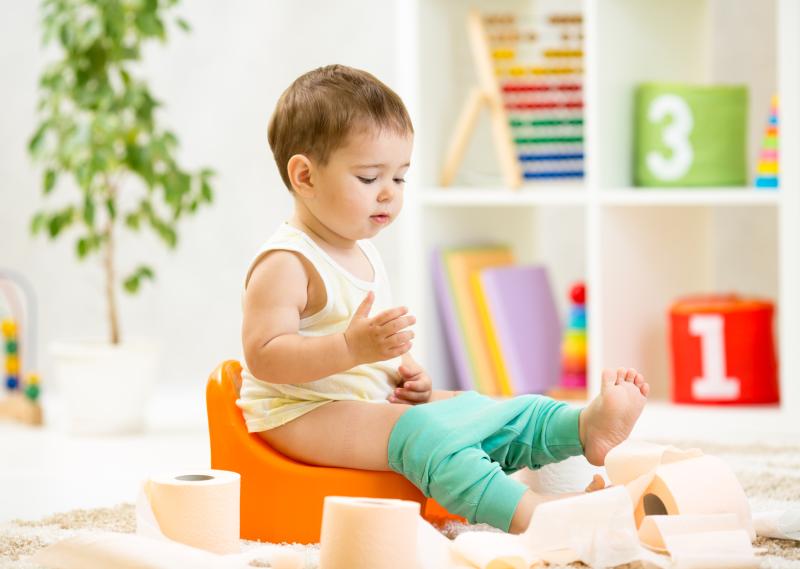
Children with functional constipation suffer from compromised health-related quality of life (HRQoL), reports a recent meta-analysis.
Accessing the databases of Pubmed, PsycINFO and Embase, researchers retrieved 19 studies, corresponding to a cumulative sample of 2,344 children (aged 2–18 years; 48 percent female). Papers including patients with organic causes of constipation and that assessed HRQoL only after therapeutic treatment were ineligible for the analysis.
Thirteen of the included studies used the Paediatric Quality of Life Inventory and were eligible for meta-analysis. The resulting mean sample size-weighted pooled mean HRQoL score was 65.6. This was significantly lower than that in reference healthy populations (86.1; p<0.001).
Factors associated with quality of life in children with functional constipation included psychological maladjustment, longer disease duration and discomforting symptoms in the upper and lower gastrointestinal tract.
Parental factors likewise emerged as reliable predictors of child HRQoL. Maternal psychological distress and caregiver HRQoL, for instance, were both correlated with the child’s own HRQoL. The same was true for a poor relationship between the caregiver and the child, low socioeconomic status of the family, parental stress, and low educational level of the parents.
“We … recommend the use of HRQoL instruments in both research and clinical settings to assess the efficacy of treatments and follow-up,” said researchers. “We also identified modifiable risk factors, such as parental distress and duration of symptoms that may affect HRQoL of children with functional constipation.”